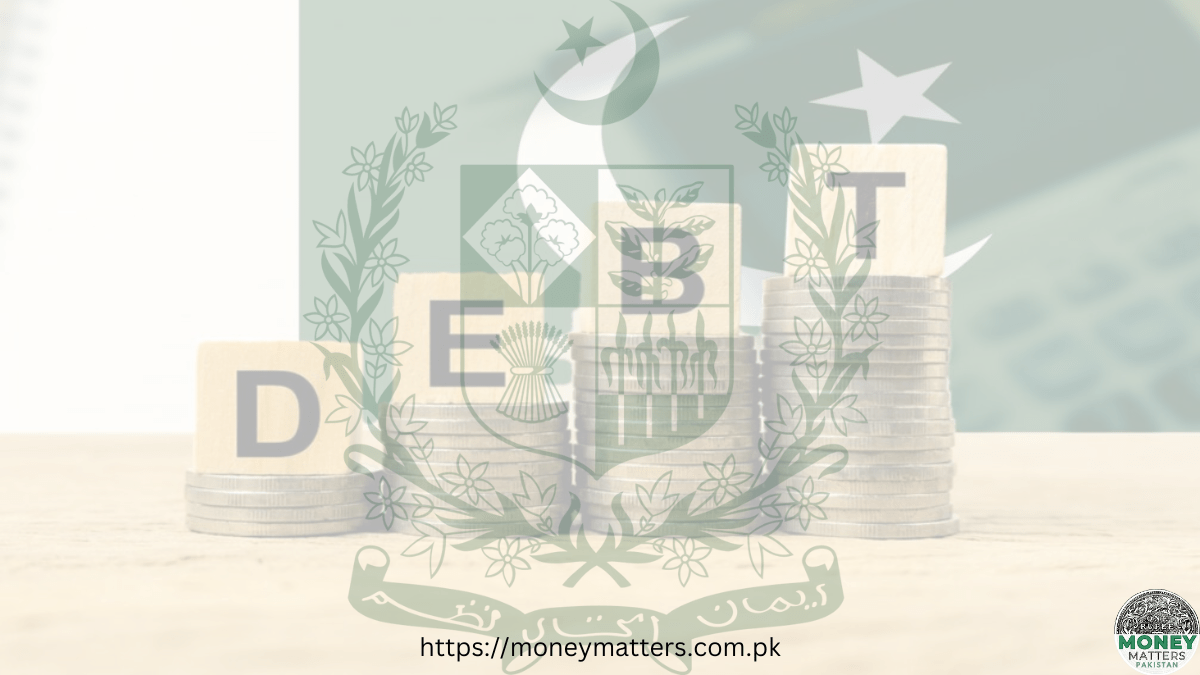Key Takeaways:
– Government borrowed Rs3.2 trillion from banks between May 15 and June 28 of FY 2023-24, despite a 30% increase in revenue.
– Daily borrowing rate was Rs71.8 billion, reflecting high spending.
– Government borrowing from banks in FY24 reached a record Rs8.564 trillion, more than double the previous year.
– High interest rates and lavish spending are impacting economic growth, which was just 2.38% in FY24.
From May 15 to June 28 of fiscal year 2023-24, the government borrowed Rs3.2 trillion from scheduled banks, despite a significant 30% increase in revenue generation. Data from the State Bank indicates that the government borrowed Rs71.8 billion daily during this period, underscoring substantial government spending.
For FY25, the government has implemented heavy taxation aiming for a 40% revenue increase over the previous fiscal year. Despite suggesting further tax impositions to boost revenue, there appears to be minimal effort to reduce spending and avoid further borrowing.
Government borrowing from scheduled banks hit an unprecedented Rs8.564 trillion during FY24, more than double the Rs3.716 trillion borrowed in FY23. Notably, the Rs3.2 trillion borrowed in the final 45 days of FY24 nearly matched the total borrowing for the entire FY23. These borrowings come at a high cost, with interest rates reaching up to 22%.
The government borrowed Rs6.55 trillion for domestic debt servicing during the year. Despite urging the public to prepare for more sacrifices amid ongoing negotiations with the International Monetary Fund (IMF), the government has shown little inclination to curb its significant spending.
The economy is under severe strain as fixed investments have plummeted to a 50-year low. Each year, the government reduces the development program, and private sector borrowing from banks remains negligible due to the high 22% interest rate. These factors contributed to a low economic growth rate of just 2.38% in FY24.
The government has set a growth target of 3.5% for FY25, but the increasing debt servicing burden, high interest rates despite low inflation, and decreased private sector economic activity make achieving this target challenging.
Additionally, the government raised Rs442 billion, exceeding the Rs150 billion target, through a treasury bill auction on Wednesday. The cut-off yields on three-month bills decreased by 10 basis points to 20.04%, and six-month bills by 18 basis points to 19.78%, while the rate on 12-month bills remained at 18.54%. The raised amounts included Rs74.6 billion for three-month, Rs158.3 billion for six-month, and Rs121.4 billion for 12-month papers, with Rs87.4 billion obtained through a non-bidding process.




